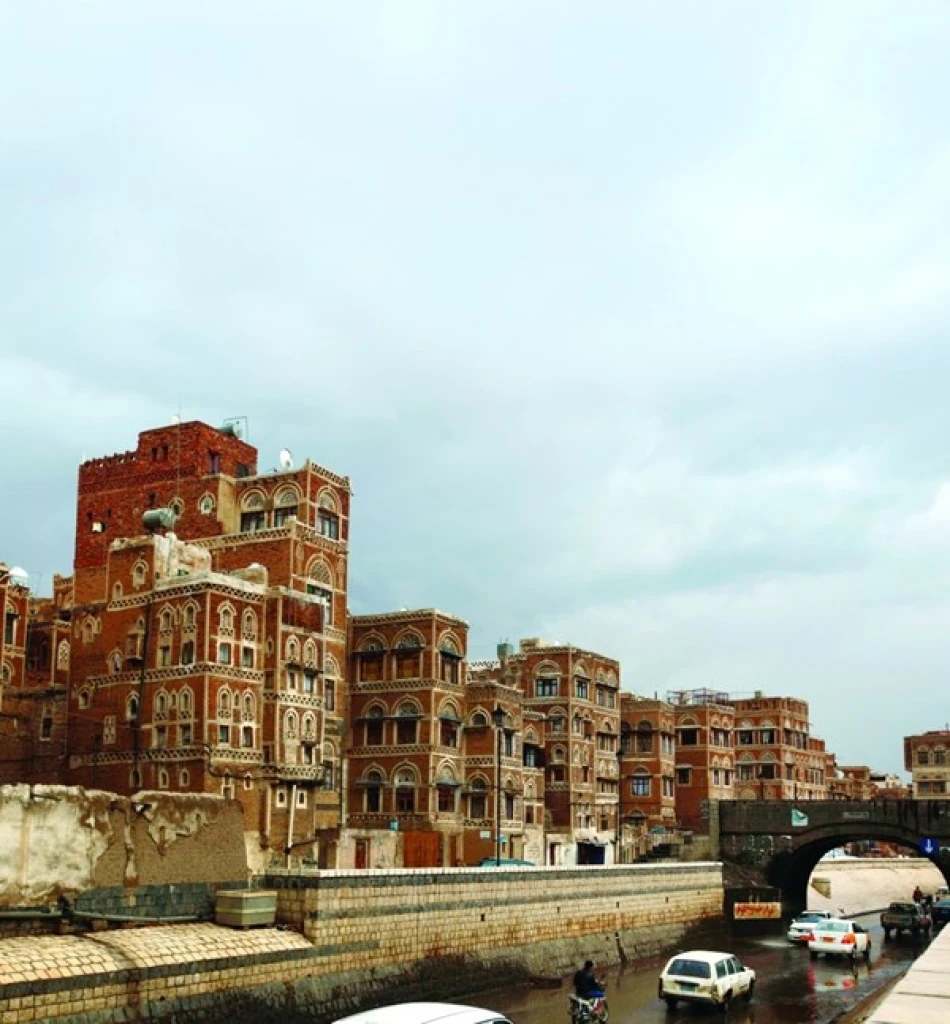
Iran-backed Houthis Accused of Suspicious Activities to Fund War Efforts
Yemen's Houthis Build War Economy Through Black Markets and Extortion
As military losses mount and international pressure intensifies, Yemen's Houthi militia has constructed a shadow economy built on illegal taxation, fuel smuggling, and currency manipulation to fund their ongoing war effort. Yemeni economic experts warn this parallel financial system is devastating the country's legitimate economy while prolonging a conflict that has already created one of the world's worst humanitarian crises.
Financing War Through Economic Warfare
The Houthis have systematically exploited state resources and created illegal revenue streams to sustain their military operations, according to Yemeni economic analyst Majed Al-Daari. Rather than directing available resources toward alleviating the humanitarian crisis affecting millions of Yemenis, the group has prioritized funding what they term their "war effort" through increasingly desperate measures.
The militia's financial strategy centers on three key pillars: forced taxation beyond legal frameworks, control of black market fuel trade, and currency manipulation. These practices have driven living costs to unprecedented levels while undermining the capacity of legitimate state institutions to function.
Desperate Measures for Dwindling Resources
The Houthis' turn toward more aggressive economic extraction reflects their deteriorating position. Military strikes on their facilities, a blockade of Hodeidah ports, and the halt of oil derivative flows—previously a major income source—have created what Al-Daari describes as a "suffocating funding crisis."
The withdrawal of banks from Sanaa and the exodus of businessmen and traders to government-controlled areas have further squeezed the group's legitimate revenue sources, forcing them to rely increasingly on extortion and illegal activities.
Shadow Economy Undermines National Recovery
Economic writer Abdul Hamid Al-Masajidi argues that the Houthis' illicit financing methods represent more than temporary wartime measures—they constitute a systematic policy designed to perpetuate conflict and serve the group's sectarian project.
The militia has established illegal customs points in multiple areas, imposing double fees on goods from government-controlled territories. They've also expanded into drug trafficking, contraband smuggling, and manipulation of humanitarian aid—creating what Al-Masajidi calls a "parallel economy that devours the national economy."
Beyond Financial Damage
The impact extends beyond immediate economic harm. These practices have eroded Yemeni confidence in the national economy, deepened divisions between center and periphery, and hollowed out concepts of economic justice. The systematic nature of this economic warfare suggests the Houthis view prolonged conflict as essential to their survival.
Regional Implications and International Response
The Houthis' shadow economy model mirrors tactics used by other non-state actors in protracted conflicts, from Hezbollah's financial networks to ISIS's oil smuggling operations. However, Yemen's strategic position controlling shipping lanes through the Red Sea gives the group's economic warfare global implications.
International efforts to address the crisis must recognize that traditional humanitarian aid and economic sanctions may be insufficient when dealing with an actor that has deliberately constructed an economy designed to profit from chaos. The Houthis have essentially weaponized economic desperation, making reconstruction contingent on their political survival.
As Yemen's legitimate economy continues to deteriorate under this systematic exploitation, the international community faces the challenge of supporting recovery efforts while preventing resources from fueling the very conflict they aim to resolve. The Houthis' success in creating a war economy may ultimately prove more damaging to Yemen's long-term prospects than their military campaigns.
Most Viewed News

 Layla Al Mansoori
Layla Al Mansoori






